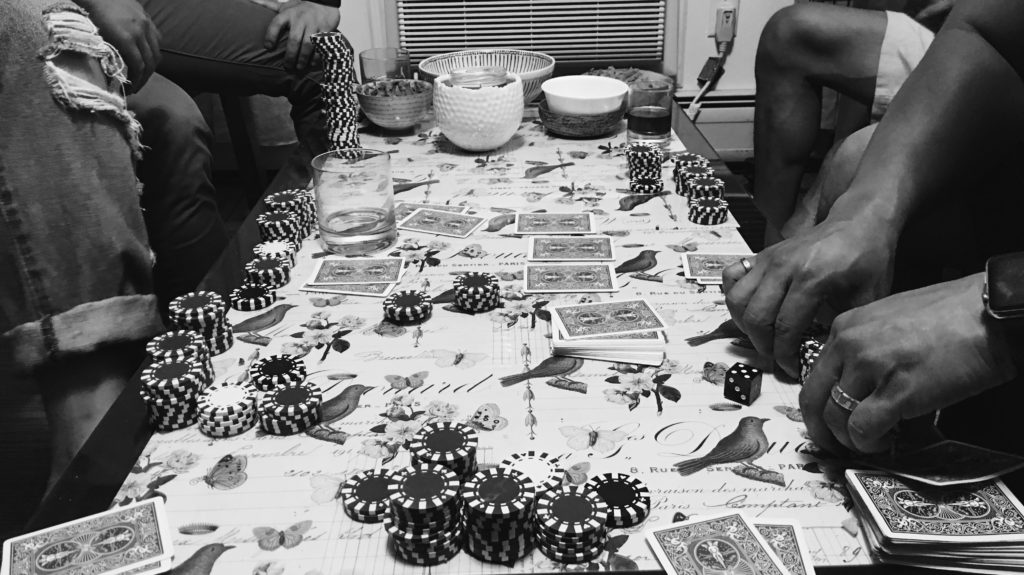Shane Parish: “What’s one habit you’ve changed recently that has had a profound impact on you?”
Ed Latimore: “This is really silly, but it’s true: I wash the dishes as soon as I’m done eating.”
I just finished unpacking. I started unpacking pretty much right when we got home from the airport, after a 12-day trip. Our flight was delayed 4 times and we arrived around midnight.
I’m exhausted but I kind of new it would take some time to wind down and actually fall asleep.
Luggage can be a weird psychological anchor if you don’t unpack. It took me a week to unpack on our last trip. The bags just sit there and remind you that you’re lazy over and over throughout the day.
Like dishes, unpacking is one of those things that you have to do anyway.
And it’s not like email where replying creates more responses to reply to, in an infinite loop. Unpacking does differ a bit from dishes, which you could make reasonable efficiency argument for: you can do them when there are more than a few in the sink.
You can actually finish packing completely. All the more reason to do it as soon as possible.
